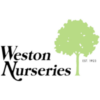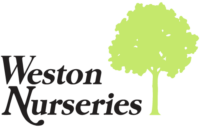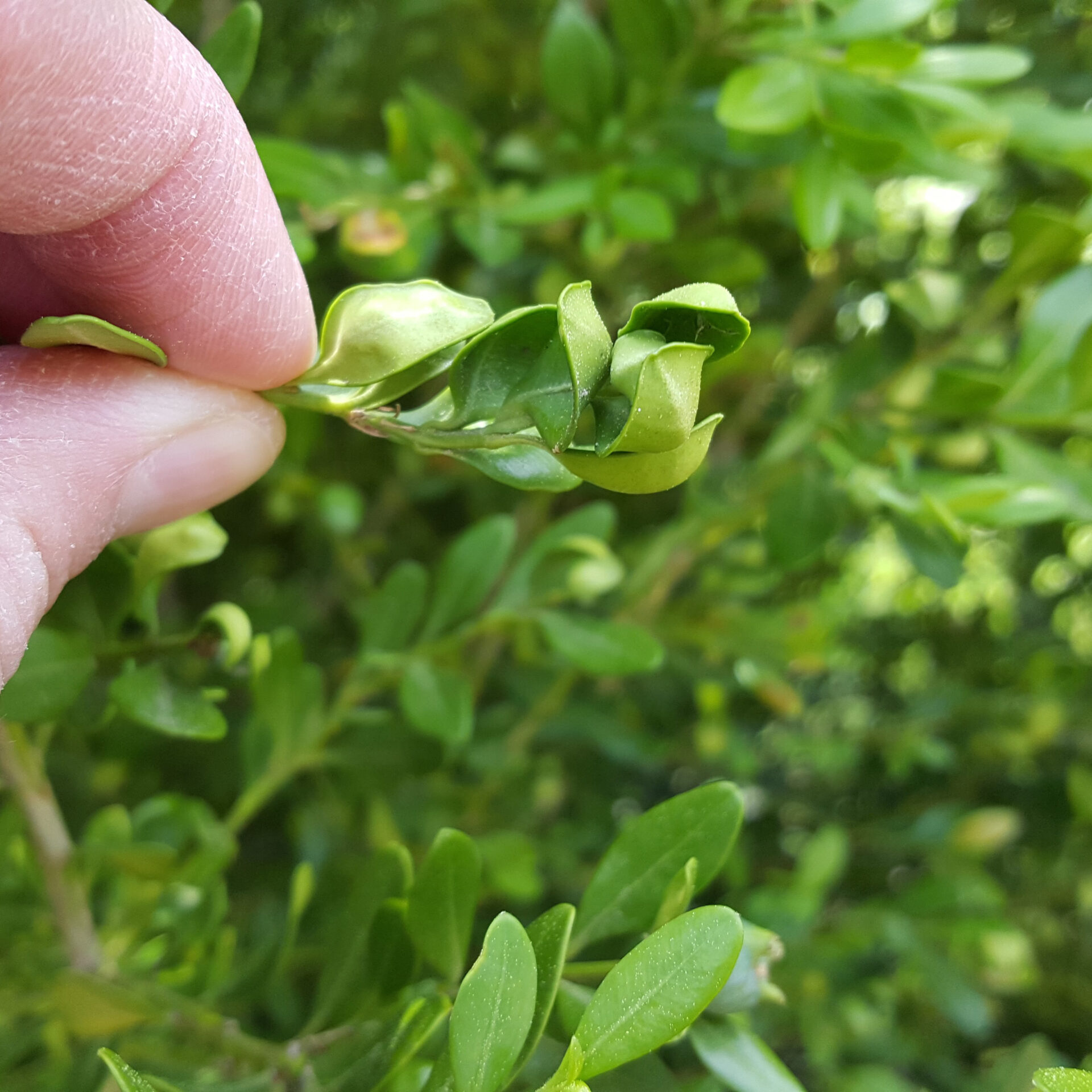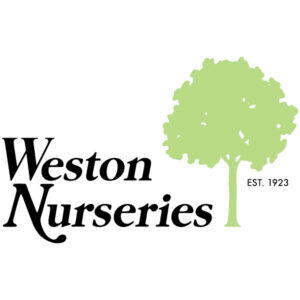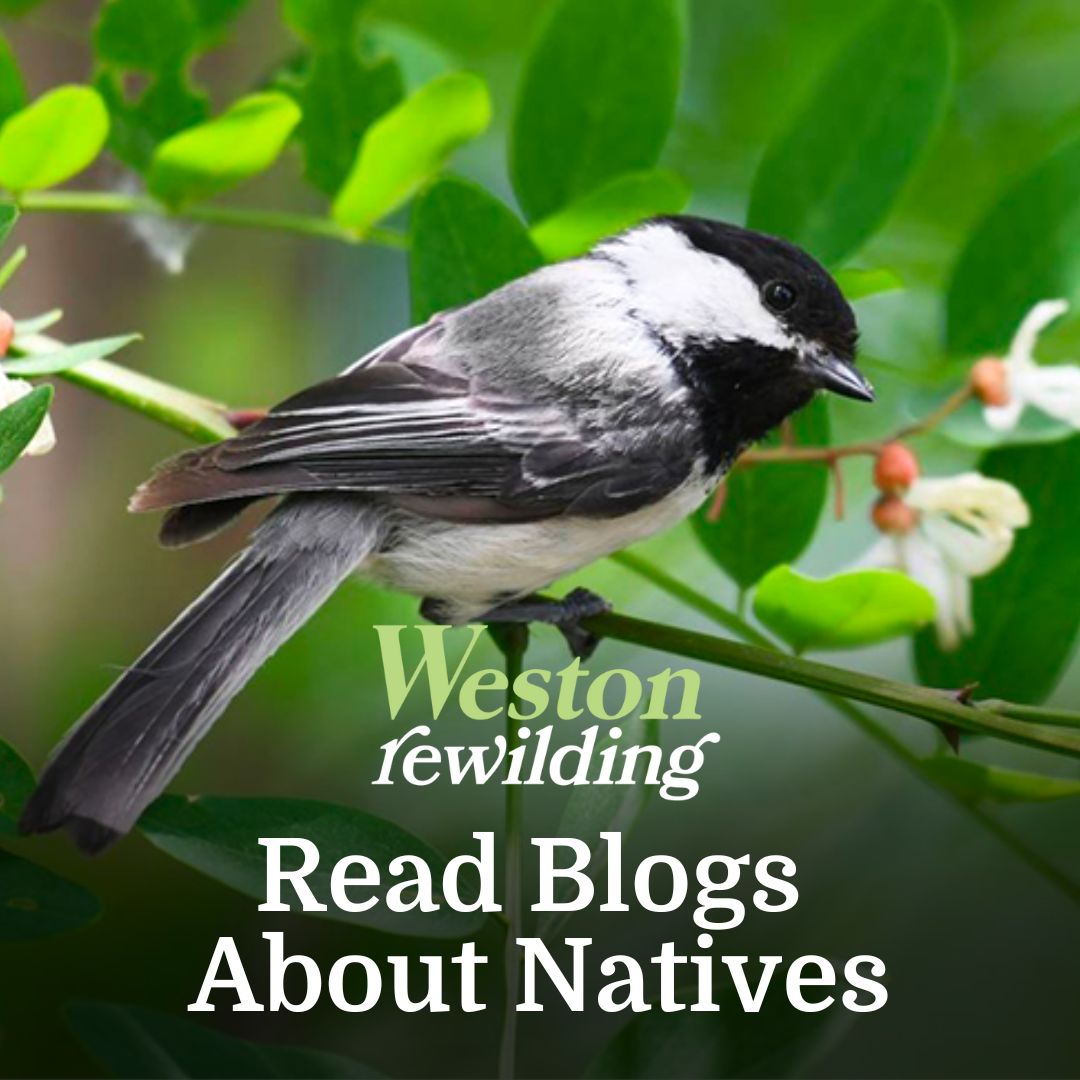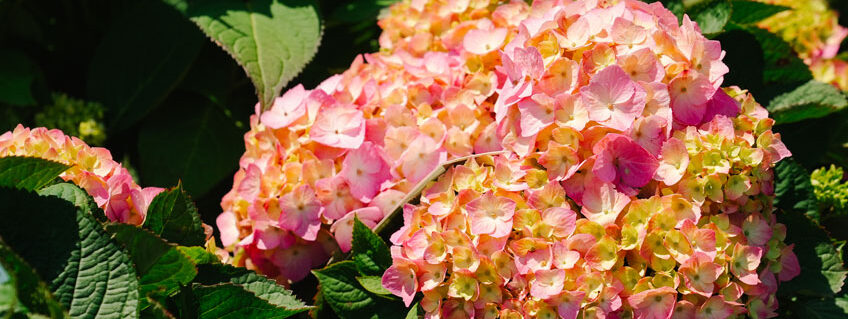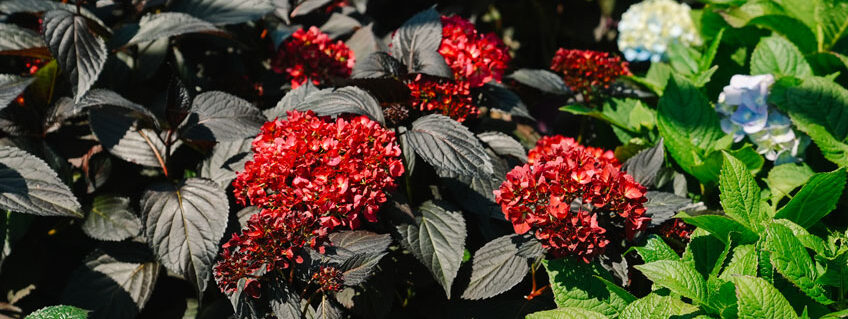The boxwood psyllid is a pest of nearly all boxwoods (Buxus spp.). It causes minor damage (leaf cupping), but doesn’t otherwise harm the health of the plant. For this reason, boxwood psyllid is considered a minor pest. Managing this insect is mainly an aesthetic choice. One may opt to not treat for boxwood psyllid in favor of focusing on more serious insect pests of this host plant, including the boxwood leafminer.
All boxwoods (Buxus spp.) can be affected by boxwood psyllid. American boxwood (B. sempervirens) seems to suffer the most when infested. English boxwood (Buxus sempervirens ‘Suffruticosa’) may not be as severely attacked by this psyllid.
This insect is common to the temperate United States. There is one generation of boxwood psyllid per year. Eggs are orange and spindle-shaped and often only the tips of the egg can be viewed beyond the edge of the bud scale. Nymphs develop and overwinter within the eggshell (Johnson and Lyon, 1991). As soon as buds expand, nymphs emerge and begin feeding. Nymphs feed on young foliage by piercing it with a piercing-sucking mouthpart; also, they produce white, waxy strands which cover their bodies as they mature. Feeding causes leaves to cup around the nymphs, protecting them from harm. Several nymphs may be present in each leaf cup. Adults emerge in early summer as tiny, winged, and light green leafhopper-like insects; they continue to feed on boxwood leaves with piercing-sucking mouthparts, but cause very little damage. Adults have jumping legs and are sometimes referred to as “jumping plant lice”. After mating, typically in mid-late summer, females lay 1-8 eggs inside next season’s developing bud scales.
As stated above, boxwood psyllid mainly affects the appearance of its host, not the health. It causes the edges of the terminal leaves to bend upward, forming a flap or cup. Yellowing of leaves may sometimes occur. The growth of terminal twigs may also be minorly stunted. Because boxwood psyllid only has one short generation per year, it doesn’t cause much actual harm to the plant, which has the rest of the season to recover lost growth.
Symptoms on leaves can remain for a few years, even if damaging populations of this insect have gone. Occasionally, adults may bite people but bites are not serious. Typically, chemical management intervention is not necessary. Some plants may even refoliate in the same season, as boxwood psyllid causes its damage early in the spring. English boxwood is somewhat resistant to this pest.
Cupping of boxwood leaves is when a boxwood psyllid infestation is typically first noticed. Monitor for early nymph emergence and manage before they become protected by cupped leaves. In June, shaken plants might expose flying adults.
Boxwood psyllids typically will not cause the death of boxwoods. Therefore treating it is a choice. Doing nothing is a perfectly viable option if the grower does not mind aesthetic imperfection. However, there are a few management options when they are desired.
Prune the affected leaves during spring, before the nymphs mature into adults, and destroy them.
Plant English boxwood where this pest is known to be problematic and cupping leaves cannot be tolerated. English boxwood is also thought to be resistant to the more serious pest, the boxwood leafminer. (Plan management for the boxwood psyllid with the boxwood leafminer also in mind.)
Partial resistance to the boxwood psyllid is reported by Cornell Cooperative Extension in the following: B. x ‘Glencoe’ (‘Chicagoland Green’), B. microphylla ‘Fiorii’, B. sempervirens ‘Arborescens’, and hybrids ‘Green Mountain’ and ‘Green Velvet’.
There are no known biological control measures or effective natural enemies for boxwood psyllid at this time.
There are several chemical management options for the boxwood psyllid. When new growth first starts expanding in the spring, thorough application of insecticidal soap or horticultural oil can subdue an ongoing infestation. Once the insects are protected in cupped leaves, systemic insecticides are more effective than those which require direct contact with the insect. Systemic insecticides may be soil applied post bloom according to label instructions to reduce the risk of impacting pollinator populations. After cupping of the leaves occurs, managing boxwood psyllid with contact insecticides is not a viable option for the current year (the aesthetic damage has already occurred to the plant and the insects are well protected) but it may be noted and included in next season’s integrated pest management plan. After eggs are inserted into next season’s bud scales they are also well protected from contact insecticides.
Additional active ingredients labelled for use against the boxwood psyllid include but are not limited to: acetamiprid*, azadirachtin, Beauveria bassiana, carbaryl, dinotefuran*, imidacloprid*, neem oil, and pyrethrins.
Always read the entire label of any pesticide product before use. Ensure that you are using it in a manner consistent with the labeling. The label is the law. No product should be used in a manner that is contrary to its label. Read and follow all label instructions for safety and proper use. Make sure that the product you select is labelled for use against the pest you wish to manage, on the site to which it will be applied. *Neonicotinoid insecticides cannot be applied to trees or shrubs in Massachusetts except by an individual with the proper licensure or certification from the MA Department of Agricultural Resources.
Source: Center for Agriculture, Food, and the Environment- UMass Extension Landscape, Nursery and Urban Forestry Program
